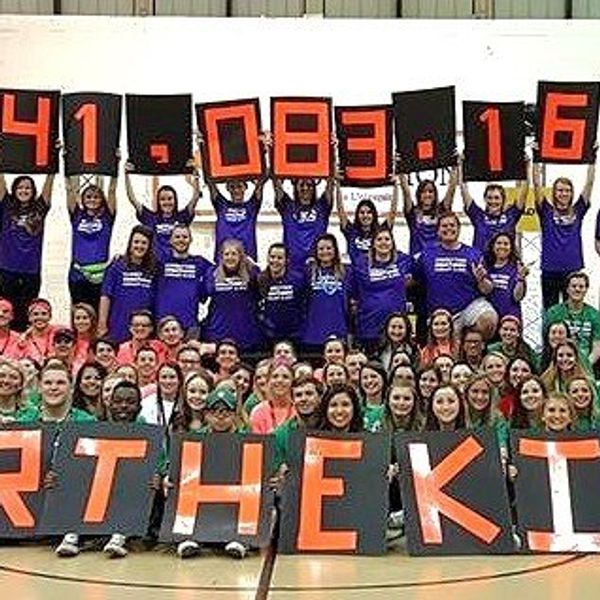I attended a Public Relations Student Society of America (PRSSA) meeting where Jill Wallace spoke about her experience working in non-profit public relations. Jill discussed how being the Chief Marketing Officer for Goodwill makes her the go-to contact person for all communications, both internal and external. Especially because Goodwill is a non-profit whose entire mission revolves around doing good in the community, Jill has no choice but to represent Goodwill ethically. If she didn’t, she’d be a hypocrite to the values that Goodwill represents.
Public relations can often be seen as "spin," which is a term any PR professional should hate to hear. When representing clients, sure we have to deal with crisis from time to time but, it's important to realize that the job of a PR professional is not to cover up information. Rather, our job is to find the perfect way to handle a situation for the good of the public as well as the good of the client's reputation.
Similar to spin, people often question whether PR professionals are telling the whole truth. One would think that telling the whole truth is the ethical choice but in a real-life crisis that Jill dealt with at Goodwill, I realized that leaving out details isn’t always unethical either, it just depends on the situation. An example Jill gave, was about a Goodwill employee who was always on time for work but one day went missing. Later, Jill found out this employee was violently murdered and was informed on all the specifics of how it happened. However, when Jill had to give a public statement about the Goodwill employee's death, she chose to be broad and not violate Rebekah and her family's right to privacy. Exploiting the horrific details of Rebekah’s murder is not for Jill to tell, and would be seen as an unethical violation of privacy.
This situation has made me realize when it is and isn’t okay to disclose information in my profession. If the information will not help nor harm the public’s understanding of a situation, then that information can be left out. In the employee example, the public knowing the graphic details of a murder would not help nor harm the understanding of the main point: that Goodwill lost an amazing employee and their hearts go out to the family.
Another example of handling an ethical issue at Goodwill involved animal rights. A deer had ran into the window of a Goodwill store one day causing the glass to shatter and cut the deer. The deer was bleeding from it's injuries and the whole store was a mess. Jill had to call animal services to help the deer but unfortunately, the deer could not recover from it's injuries and needed to be put down. Jill knew that people of the public would be alarmed by this but instead of covering up the outcome of the deer, she was honest and transparent when she communicated the accident to the press. Jill could have easily covered this issue up but, instead she chose to be ethical and give the public the full truth. Ethics is a key factor in being in the PR world. You never know what will be thrown your way but you have to be able to stop and consider things like human rights, privacy, and honesty if you want to be an ethical practitioner.





















